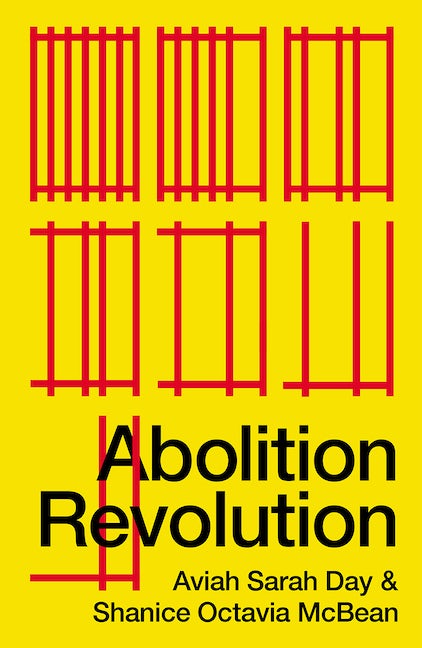Paperback, 310 pages
English language
Published by Pluto Press.

Paperback, 310 pages
English language
Published by Pluto Press.
George Floyd's murder in Minneapolis triggered abolitionist shockwaves. Calls to defund the police found receptive ears around the world. Shortly after, Sarah Everard's murder by a serving police officer compounded these calls in Britain. But to abolish the interlocking systems of police, prison and border power, we must confront the legacy of Empire.
Abolition Revolution is a historical, theoretical and practical guide to revolutionary abolitionist politics in Britain. The authors trace the evolution of policing and criminalisation from their colonial roots to their contemporary expression, as found in 'Prevent' and drug laws targeting Black communities. They also draw out a rich history of grassroots resistance, from the founding of the Notting Hill Carnival in 1959 to transformative responses to repressive community policing today.
With a forceful critique of carceral feminism, alongside an exposition of how these systems fail as a response to social dynamics such as crime, the book offers …
George Floyd's murder in Minneapolis triggered abolitionist shockwaves. Calls to defund the police found receptive ears around the world. Shortly after, Sarah Everard's murder by a serving police officer compounded these calls in Britain. But to abolish the interlocking systems of police, prison and border power, we must confront the legacy of Empire.
Abolition Revolution is a historical, theoretical and practical guide to revolutionary abolitionist politics in Britain. The authors trace the evolution of policing and criminalisation from their colonial roots to their contemporary expression, as found in 'Prevent' and drug laws targeting Black communities. They also draw out a rich history of grassroots resistance, from the founding of the Notting Hill Carnival in 1959 to transformative responses to repressive community policing today.
With a forceful critique of carceral feminism, alongside an exposition of how these systems fail as a response to social dynamics such as crime, the book offers a compelling and grounded vision for abolition that takes us away from punitivity from above and into community based forms of accountability from below.